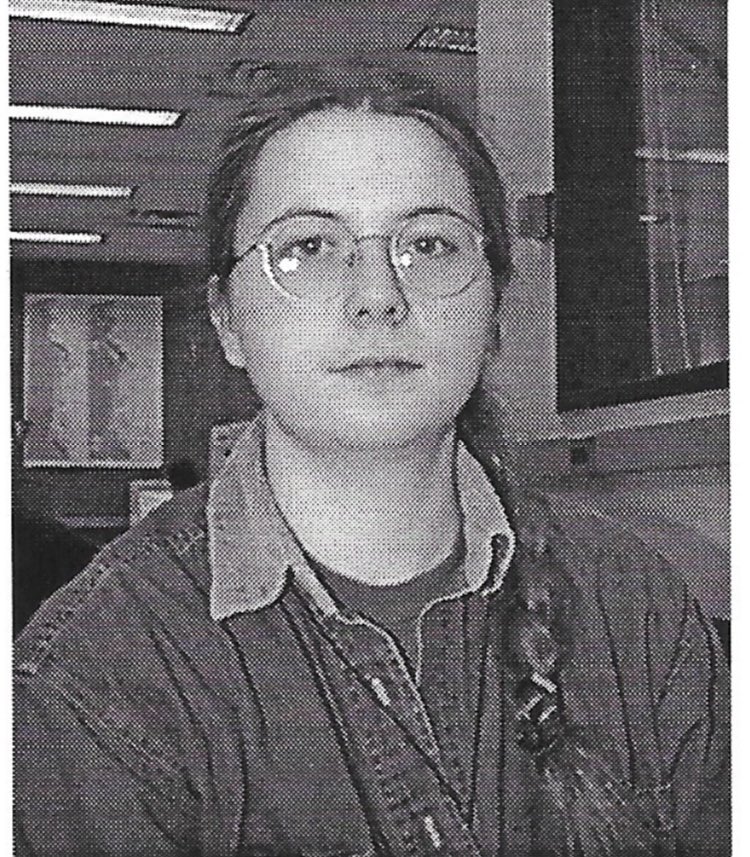This is a post written by my friend Shea Emma Fett on her personal blog on May 16, 2015. She has given me permission to repost some of her essays here as guest posts.
I read somewhere an anecdote of a person who dealt with their stage fright by writing “Dead Soon” on the top of their notes. It’s the kind of funny to me that lives in the space of “what else can I do but laugh?” I think about it all the time. It’s a strange facet of the human mind. I flip flop between an unbearable sadness that we must struggle so hard for meaning and purpose, and relief that none of it matters all that much.
Most people who hurt other people feel vindicated. Most people who hurt other people are hurting themselves. And yet we all seem to have this need to believe that the people who hurt us did so for some kind of sociopathic gain. But the truth is, if that had been the case, they probably would have hurt us much less. It’s hard to remember that the people who hurt us are hurting themselves. It’s hard to disengage with someone you feel sympathy for. But the cardboard villains we create aren’t the truth, they’re just tools.
I want to be someone who has empathy. I want to have some shot at seeing some truth in the few short moments I have. And that means being willing to let things be very complicated. It means being willing to let things get to me. It means trying to remember the humanity in people who are harmful to me. And that, it turns out, makes it hard to recover sometimes.
The process of rebuilding myself isn’t what I want it to be. it’s not a smooth trajectory. It’s just littered with moments of rising above and then looking down and falling. And the thing that makes me so sad is that the people who hurt me the most are often the people who take up the biggest space in my heart and mind. It really seems backwards. the people who have been kind to me get pushed out, and I take up that space with imaginary battles with imaginary people in my life who seemed to have known me only enough to know what would hurt.
It’s been a hard process to disengage. It’s a process I can only measure statistically. I can measure it in the lessening moments that I’m lost in the past, trying to resolve things I can’t resolve, trying to purge guilt that sticks like glue, trying to forget the particularly acute memories that shock me, sadden me, and scare me now.
And it’s in these moments that I’ve learned to write at the top of the paper “Dead Soon.”
Because I have that same thing inside me that everyone has. That thing that wants to hit back. That thing that says that it’s fine, that they are bigger and stronger than you, and that you can hit as hard as you want. I have that thing too. I have that thing that says that I can rebuild myself by knocking other people down. It hides in a million different ways, but I can always see it in that fantasy of saying or doing the perfect thing, the thing that makes me powerful again, and that hurts someone else.
But then I remember that there’s a much worse coming for you and me. For all of us. None of us is immune. And when that much worse comes, I will have to be my own company and you will have to be yours. When those moments come, we will all be human. And those moments are more important to me than this one right here. This one where I want to hit back. This moment isn’t big enough to spend what little time I have.
There’s a much worse coming for all of us. And that thing you’re doing to try to hurt me, because you’re hurting, and because you think I deserve it, that thing you’re doing because you think you can hit as hard as you want because I’m only a cardboard villain, it’s not as big as I thought it was.

Like what you’re reading? Buy my book!



